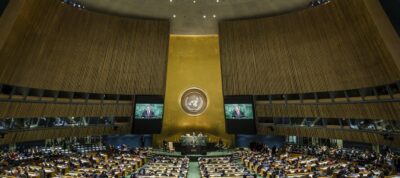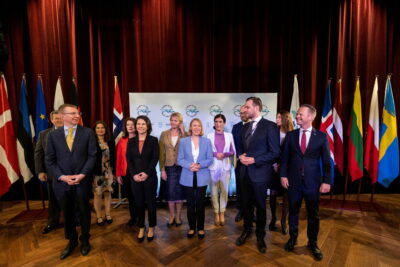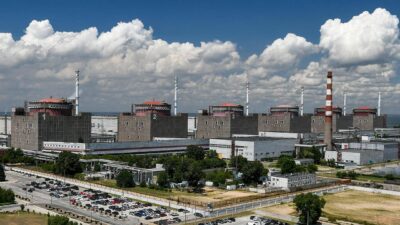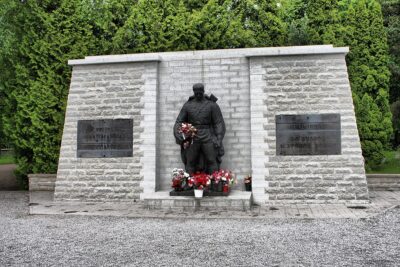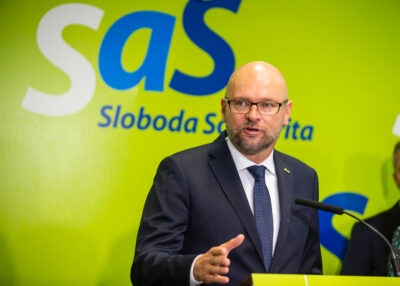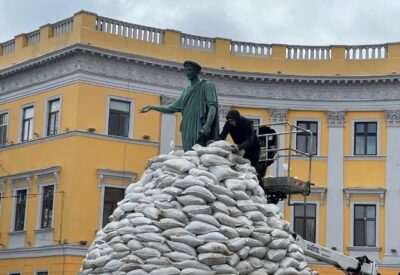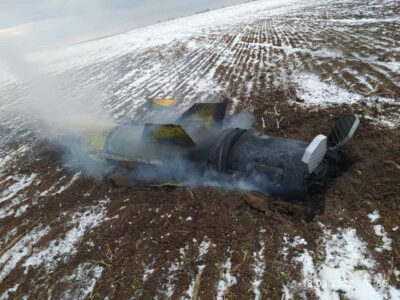The War in Ukraine and Food Security in Regional and Global Perspective (part 1)
Overall 22 million tons of grain were blocked in Ukrainian ports as a result of Russia’s aggression and the suspension of Ukrainian agricultural exports by sea. This significantly reduced the ability of Ukrainian farmers to sell the 2021 grain harvest, while increasing the threat of global hunger, since almost half of all UN World Food Program deliveries come from Ukraine. The...
More →

